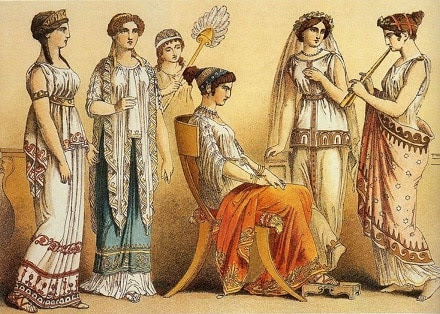UK University censors Ancient Greek poem in case it offends women and students

Reading University has decided to censor a section of a 118-line, ancient Greek poem that makes reference to domestic violence and the ’10 types of women’ for fear that it could trigger distress and offence, reports the Daily Mail.
According to the report, officials at Reeding University cut several lines from the 2,000-year-old “Types Of Women” poem by Semonides of Amorgos, which is taught to first-year classics students, on the grounds that it could ‘potentially trigger’ distress even though no students had complained to date.
The decision sparked backlash amongst some academics fearing a ‘slippery slope’ towards censorship with some critics such as Jeremy Black, emeritus professor of history at the University of Exeter calling the decision “ridiculous”.
“This is beyond naive. It is positively ridiculous and has no place in academia.” said Black.
‘If we applied this same kind of censorship to the news we would end up with a most limited and ignorant view of the world.’
The 118-line poem is controversial because of the way women are portrayed:
It says Greek god Zeus created ten types of women, each represented by an animal or an element. Nine – those deriving from the pig, fox, dog, earth, sea, donkey, ferret, mare and monkey – have negative connotations, with only the female who comes from a bee considered to make a good wife.
Ewen Bowie, an emeritus fellow at Corpus Christi College and Prof Emeritus of Classical Languages and Literature at Oxford University, said ancient works needed to be ‘understood in context’.
‘When you start censoring reading lists you are putting your foot on the slippery slope down towards censoring what is being sold in bookshops.’ he added.
In response to the backlash, the University of Reading, did not acknowledge the removal of the ‘offending’ reference as a form of censorship.
‘The portion of the poem now omitted involved a brief reference to domestic violence. That portion has subsequently been removed because, while the text as a whole is vitriolic, that part seemed unnecessarily unpleasant and (potentially) triggering.”
A spokesman for the University of Reading said: ‘We do not censor academic material.
‘Students have access to all texts relevant to their course and are encouraged to read and discuss a wide range of material.
‘Content warnings are used to encourage discussion and study in a way that allows students to be aware of difficult or controversial material before being confronted with it.’
